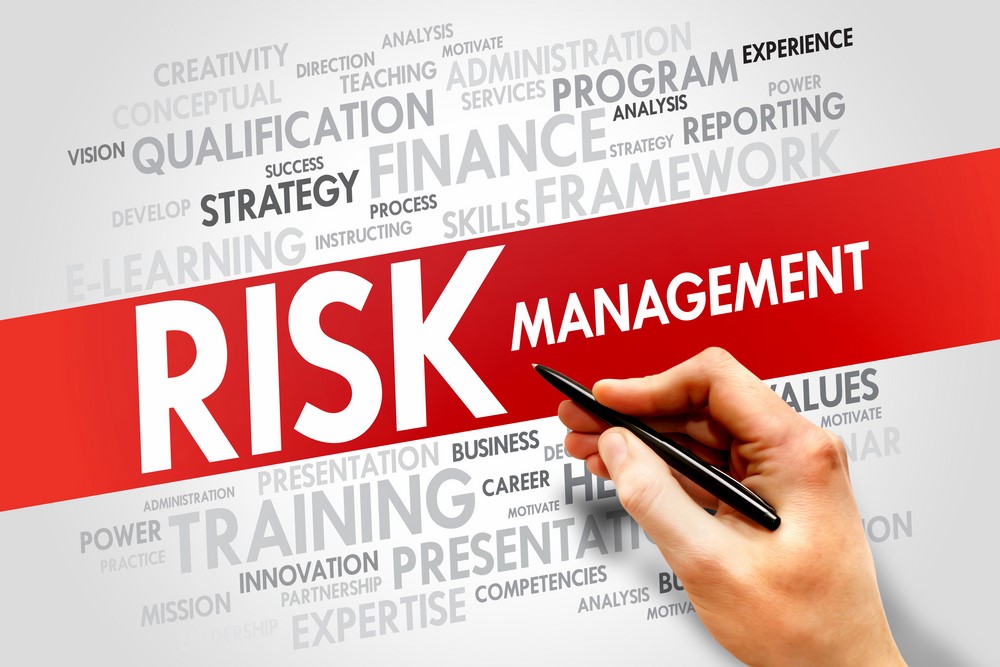
Why Vendor Risk Assessment Is Important For Business Security: Best Practices And Tools

Why Vendor Risk Assessment is Important for Business Security
Vendor risk assessment is crucial for business security. It identifies potential risks from working with vendors and helps mitigate them to protect data, systems, and overall business integrity. Let's explore the reasons why vendor risk assessment is important for safeguarding business operations.
Identifying Potential Risks
Vendor risk assessments offer several benefits in identifying potential risks:
1. Data Security
Working with vendors often involves sharing sensitive data. Vendor risk assessments help identify the security measures and protocols that vendors have in place to protect data. This assessment ensures that vendors meet the necessary security standards and reduce the risk of data breaches or unauthorized access.
2. Compliance with Regulations
Vendor risk assessments assess vendors' compliance with applicable regulations and industry standards. This ensures that vendors adhere to legal requirements, such as data protection laws, privacy regulations, or industry-specific regulations. Compliance with regulations minimizes the risk of penalties or legal consequences for the business.
3. Business Continuity
Vendor risk assessments evaluate vendors' business continuity plans and disaster recovery capabilities. By understanding how vendors handle potential disruptions or incidents, businesses can ensure the continuity of their operations. This assessment enables businesses to mitigate the risk of interruptions and minimize the impact on their own operations.
Mitigating Risks and Enhancing Security
Conducting vendor risk assessments contributes to mitigating risks and enhancing overall business security:
1. Risk Mitigation Strategies
Vendor risk assessments help identify potential risks and vulnerabilities. This enables businesses to develop risk mitigation strategies in collaboration with their vendors. By implementing necessary security measures, both parties can work together to minimize risks and protect critical assets and data.
2. Vendor Due Diligence
Vendor risk assessments facilitate thorough due diligence on potential vendors before engaging in business relationships. Evaluating vendors' security practices, track record, and reputation ensures that businesses partner with reliable and trustworthy vendors. This reduces the risk of working with vendors who may compromise business security.
3. Ongoing Vendor Monitoring
Vendor risk assessments are not one-time events but an ongoing process. Regular monitoring of vendors' security practices, performance, and compliance ensures continued adherence to security standards. Ongoing monitoring helps detect and address any changes or emerging risks that may affect business security.
Best Practices for Vendor Risk Assessment
To ensure effective vendor risk assessment, consider the following best practices:
1. Comprehensive Vendor Questionnaires
Develop comprehensive questionnaires that cover various aspects of vendor security practices, compliance, and risk management. These questionnaires provide a structured approach to assess vendor risk and gather necessary information for evaluation.
2. On-Site Audits and Assessments
Conduct on-site audits and assessments for high-risk vendors or critical business partnerships. On-site visits provide an opportunity to observe vendors' security measures, infrastructure, and operations firsthand, enabling a more thorough evaluation.
3. Regular Vendor Reviews
Perform regular reviews of vendor security practices and performance. This ensures that vendors maintain their security standards and comply with agreed-upon requirements. Regular reviews allow businesses to address any emerging risks or concerns promptly.
Recommended Vendor Risk Assessment Tools
Several vendor risk assessment tools are available to support businesses in evaluating and managing vendor risks. Some popular options include:
- BitSight
- Resolver
- PANACEA Risk
- Quantivate Vendor Risk Management
- ProcessUnity
These tools offer features and functionalities to streamline the vendor risk assessment process and enhance security.
In Conclusion
Vendor risk assessment is essential for business security. By identifying potential risks, mitigating vulnerabilities, and following best practices, businesses can ensure the integrity of their operations and protect critical assets. Implementing a thorough vendor risk assessment process and utilizing appropriate tools contribute to maintaining a secure and resilient business environment.